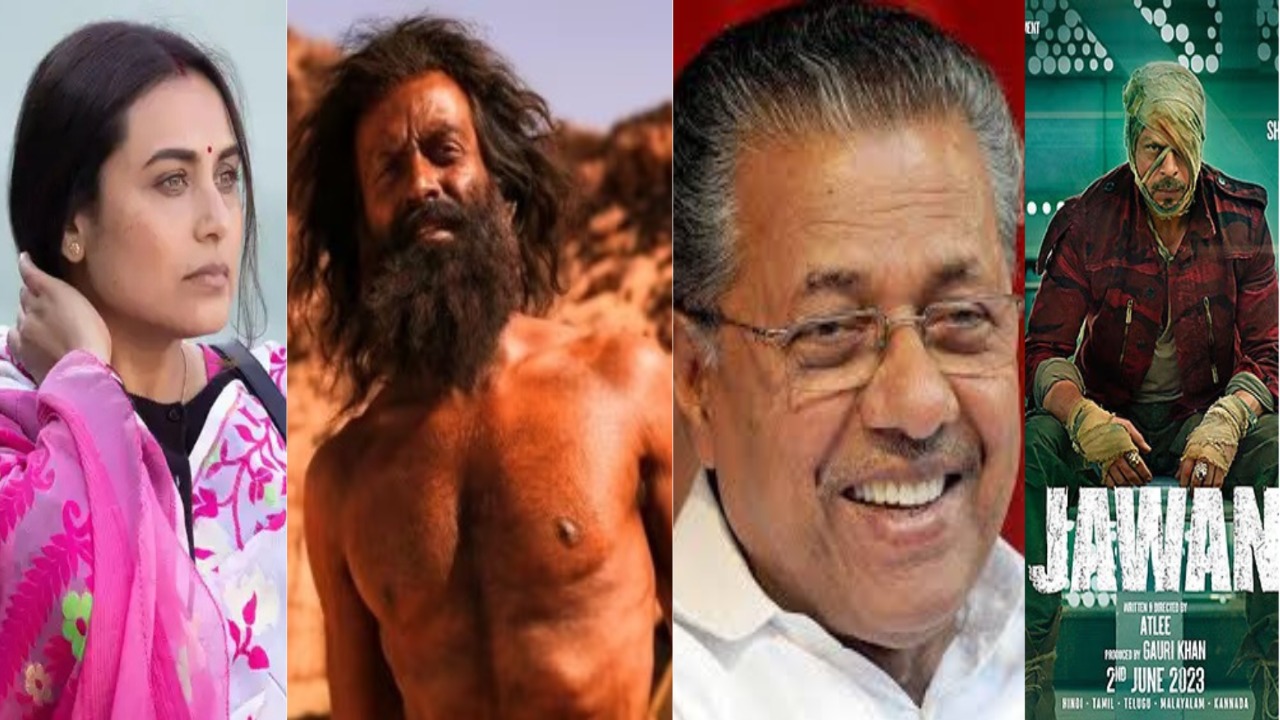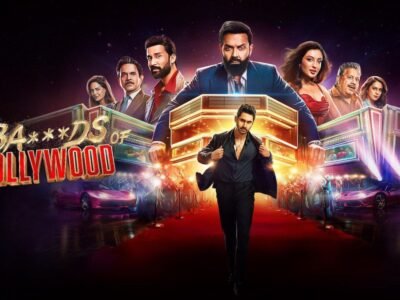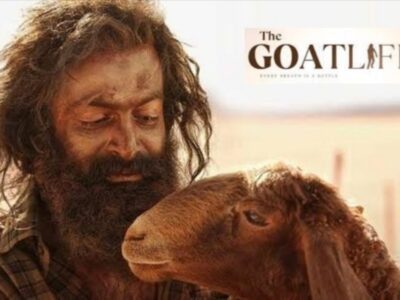The backlash against the 71st National Film Awards has reached a national fever pitch. The storm is no longer confined to film circles—it has spilt into politics, cultural institutions, and public discourse. The tipping point came when Kerala Chief Minister Pinarayi Vijayan issued a scathing statement, calling the jury’s decision to award The Kerala Story an “institutional insult” to Kerala and its people. He accused the awards body of granting legitimacy to what he described as a factually wrong and communally inflammatory narrative.
The backlash had already been brewing, but Vijayan’s words—delivered with unusual directness—crystallised the unease many in the industry had been feeling. Filmmakers, actors, student unions, and cinephiles echoed the sentiment across social platforms and editorial columns. The focus of their ire was the recognition of The Kerala Story, which won Best Director and Best Cinematography. For many, these awards represented a troubling shift—from honouring cinematic excellence to rewarding ideological alignment.
The announcement that sparked it all
The 71st National Film Awards were officially announced with expectations running high for a celebration of diverse Indian cinema. And initially, there was cause for celebration. Vikrant Massey’s win for Best Actor in 12th Fail was hailed as a victory for content-driven, socially rooted storytelling. The film also bagged Best Feature Film, cementing its status as a standout of its year. Massey’s performance as a small-town civil service aspirant was understated and deeply human—qualities long associated with the spirit of the National Awards.
But alongside him, the award for Best Actor was shared with Shah Rukh Khan, honoured for his performance in Jawan, a commercial action film. This dual recognition sparked immediate debate. While SRK’s fans and much of Bollywood welcomed it as overdue acknowledgement for a titan of Indian cinema, others questioned whether Jawan—a stylised, big-budget entertainer—truly embodied the depth the award was meant to recognise. Some viewed the decision as a political or populist appeasement, with critics noting the irony that SRK had been overlooked in his more poignant past roles like Swades or My Name Is Khan.
Rani Mukerji’s win for Best Actress in Mrs. Chatterjee Vs Norway was met with less division. Her performance as a mother battling a foreign legal system was praised for its intensity, though some critics felt it lacked the subtlety usually favoured by the jury. Still, her win was seen as a legitimate nod to a powerful, real-life-inspired role.
The awards also acknowledged Malayalam cinema, with Urvashi and Vijayaraghavan winning Best Supporting Actor honours, and films like Ullozhukku and 2018: Everyone Is a Hero recognised for their production and editing. But even these regional wins were eclipsed by what wasn’t awarded.
The ghost of Aadujeevitham
Perhaps the most shocking omission from the awards was Aadujeevitham (The Goat Life)—the Malayalam epic starring Prithviraj Sukumaran. The film, which had swept state-level awards and earned international acclaim for its brutal, immersive storytelling, received not a single national award. Cinephiles were stunned. Even among those who disliked the film’s tone or pacing, few denied the sheer technical mastery and transformative lead performance.
Industry insiders quickly suggested that the film was snubbed not for artistic reasons, but for ideological balance. Some speculated that its perceived Islamic protagonist and sympathetic portrayal of migrant workers didn’t align with the narrative choices being platformed at the national level. These were rumours, of course—but ones that felt increasingly plausible in light of The Kerala Story’s win.
Internal dissent and jury division
The drama intensified when it was revealed that Pradeep Nair, the only Malayali member of the National Awards jury, had objected to awarding The Kerala Story, describing it as propaganda. He later stated that the jury overruled him, prioritising what they called the film’s “social relevance.” This internal division became a story in itself—raising serious concerns about how consensus was reached and whether regional voices were being silenced in a supposedly pan-Indian process.
Jury chair Ashutosh Gowariker attempted damage control by defending the selections. In an interview, he said that The Kerala Story was judged “strictly on technical and narrative merit” and its direction was considered “clear and impactful.” He also reiterated that commercial appeal wasn’t a disqualifier for a national honour. But these comments did little to placate the critics, many of whom pointed to the awards’ historical purpose: to recognise cinematic excellence beyond box office or ideology.
The broader debate: Art vs. agenda
What has emerged since the announcement is a broader and far more serious conversation: are the National Awards being politicised? The FTII Students’ Association issued a formal condemnation of the jury’s decision, accusing it of endorsing hate-filled narratives under the pretence of social commentary. Editorials in several national dailies warned of a tipping point for the awards’ credibility, with comparisons made to other cultural institutions that have seen similar ideological infiltrations.
At the same time, defenders of the jury have argued that The Kerala Story—regardless of its flaws—was a national conversation starter and that cinema must reflect all facets of Indian society, even the uncomfortable. This line of thinking, however, has been challenged by those who ask, what do we sacrifice when we reward films not for what they say, but for who they align with?
Closing note
The 71st National Film Awards have become about far more than trophies and speeches. They are now part of a national reckoning with what cinema means in a deeply divided cultural and political climate. The applause for Vikrant Massey still rings loud, and the recognition of regional talents like Manish Saini and Urvashi deserves its moment. But overshadowing it all is a question that refuses to go away:
Are the National Awards still rewarding the best of Indian cinema—or just the most convenient version of it?
Author: Kausalya Rachavelpula
















